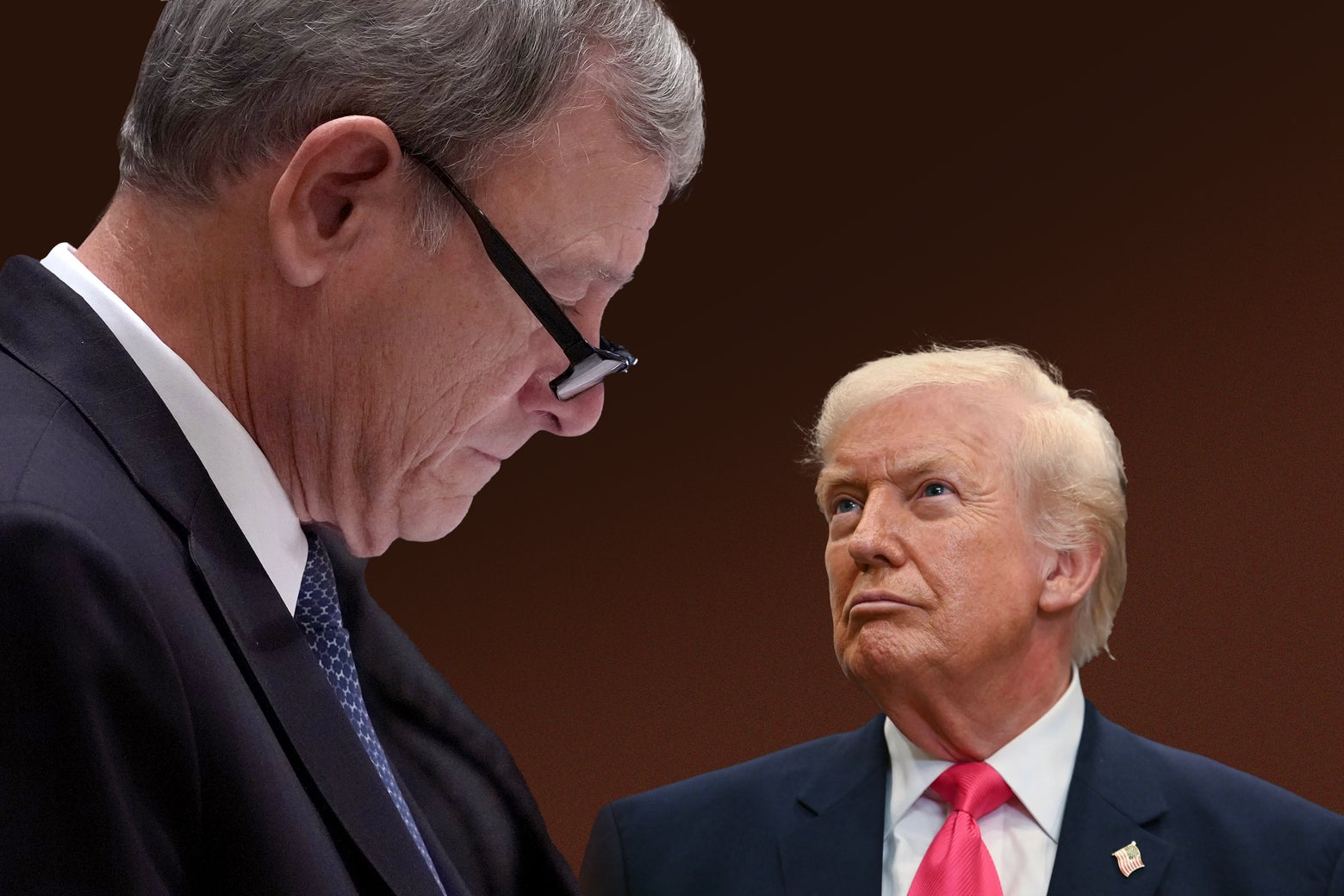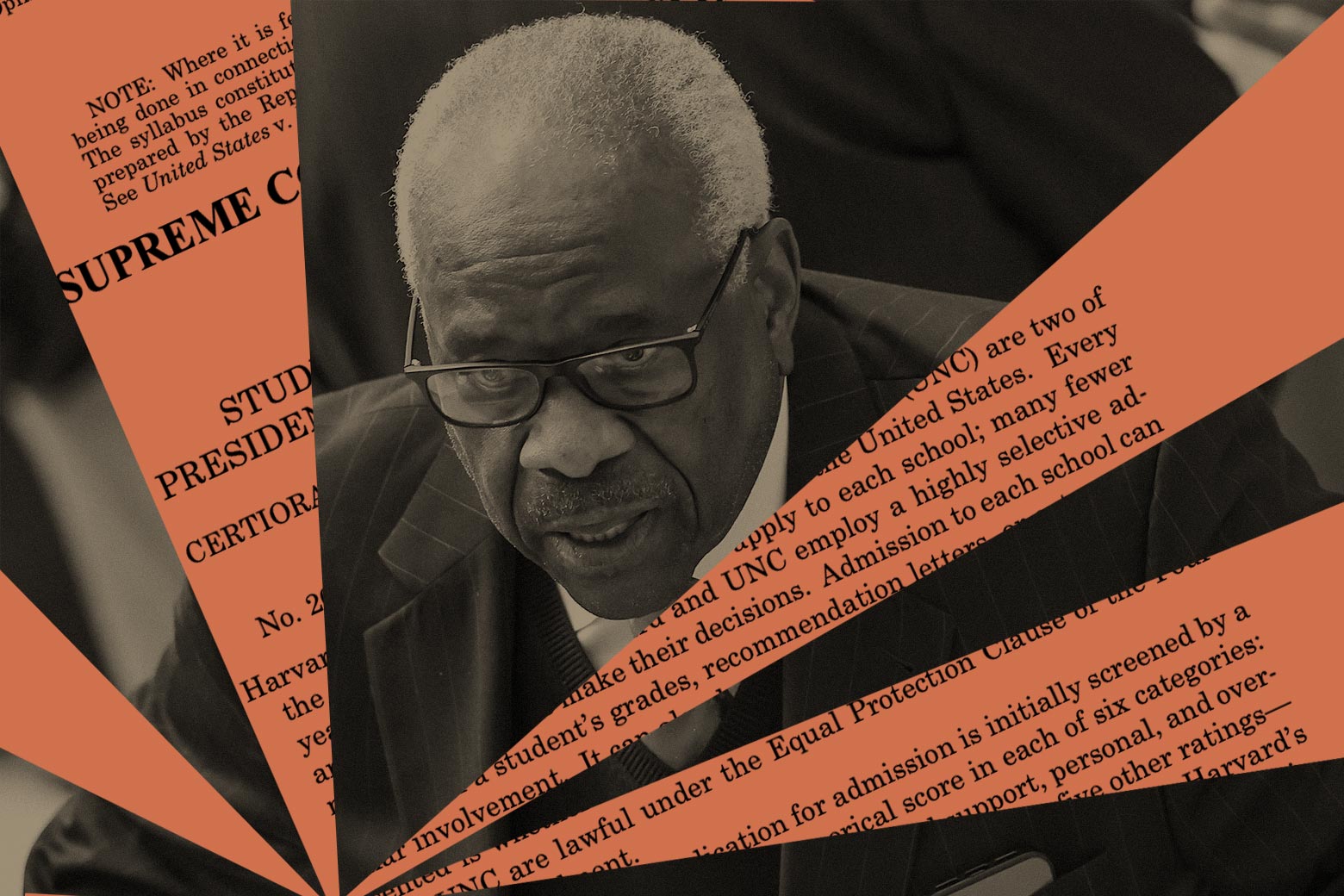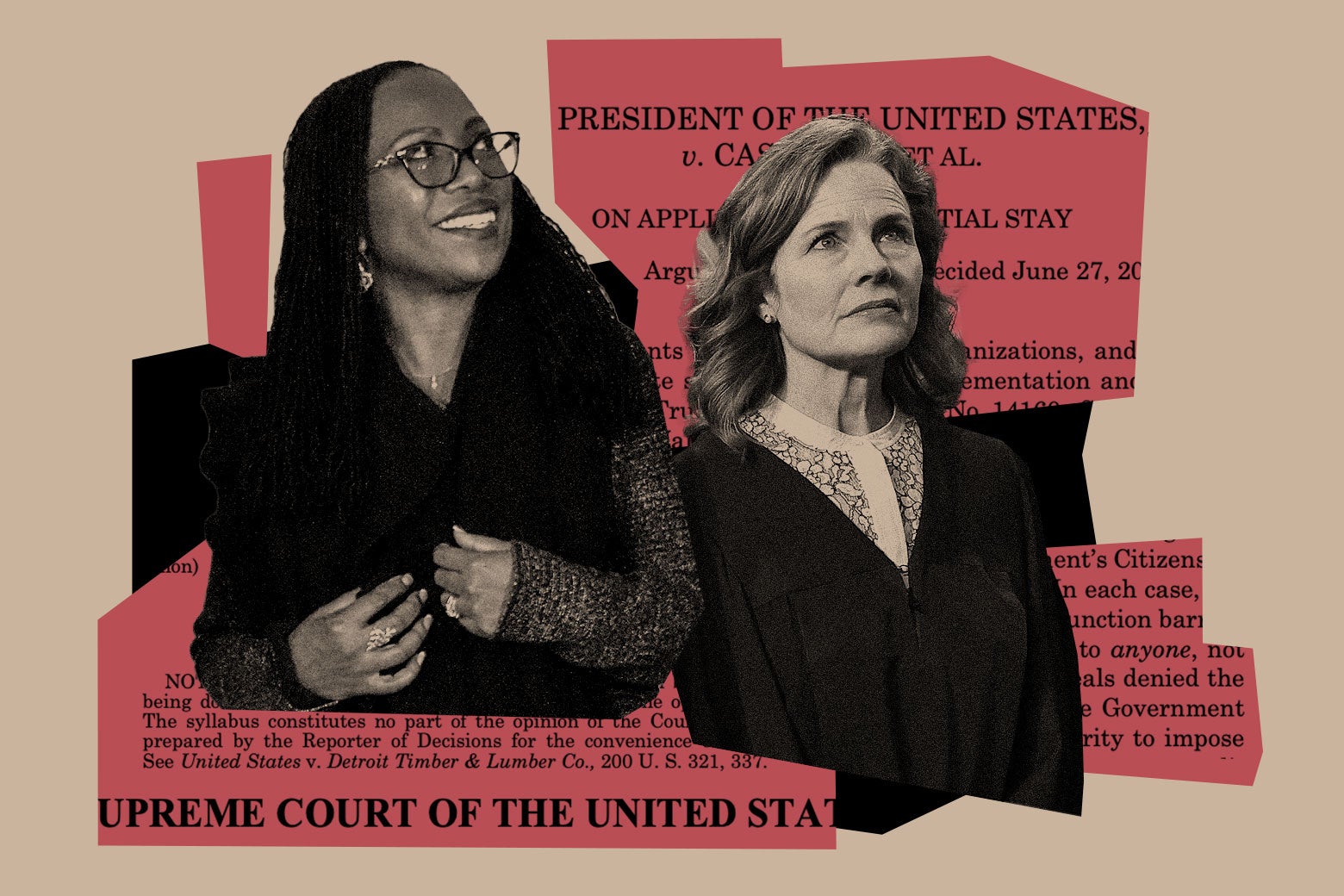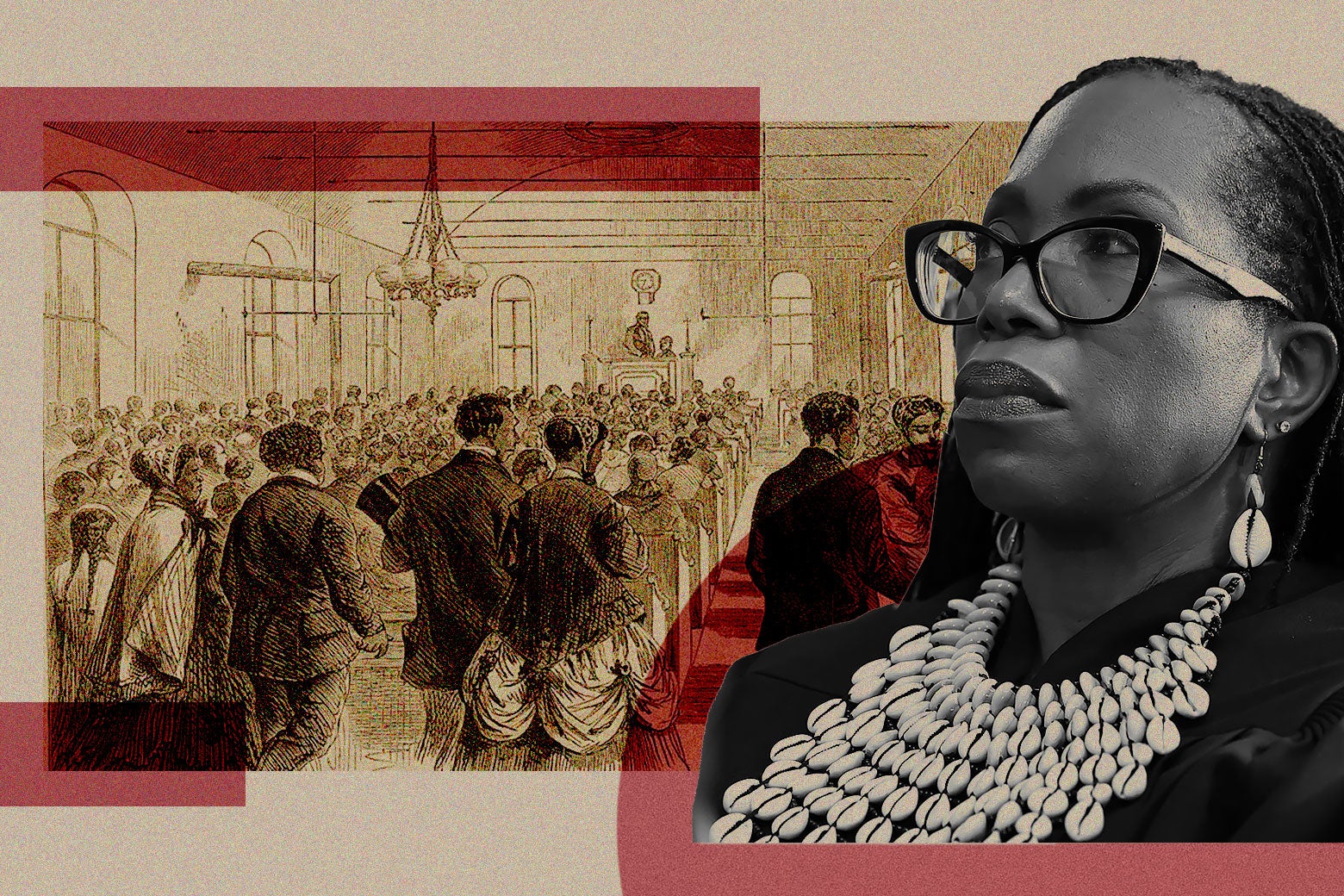#originalism
#originalism
[ follow ]
fromAbove the Law
3 months agoSamuel Alito Hurls Digs At Originalists Not As Extreme As He Is - Above the Law
Alito specifically called out what he termed the "wrong turns" of originalism - which seem designed to encourage more extreme right results. As reported by Law.com: The first, he said, was displaying "insecure" originalism, which he described as people who remain on the "defensive" and are "haunted" by accusations of judicial activism. These originalists, he said, are "allergic" to any discussion of the value of the results produced by originalist methodologies.
US politics
fromThe Atlantic
4 months agoThe Atlantic's October Cover Story: Jill Lepore on How the Radical Legal Philosophy of Originalism Has Undermined the Process of Constitutional Evolution
One of the Constitution's founding purposes was to prevent change. But another was to allow for change without violence. Amendment is a constitution's mechanism for the prevention of insurrection-the only way to change the fundamentals of government without recourse to rebellion. Amendment is so essential to the American constitutional tradition-so methodical and so entirely a conception of endurance through adaptation-­that it can best be described as a philosophy. It is, at this point, a philosophy all but forgotten.
US politics
fromThe Atlantic
4 months agoHow Originalism Killed the Constitution
A bushy-browed, pipe-smoking, piano-playing Antonin Scalia-Nino-the scourge of the left, knew how to work a crowd. He loved opera; he loved theater; he loved show tunes. In high school, he played the lead role in Macbeth: "I have no spur to prick the sides of my intent, but only vaulting ambition." As clever as he was combative, Scalia, short and stocky, was known, too, for his slightly terrifying energy and for his eviscerating sense of humor. He fished and hunted: turkeys and ducks, deer and boar, alligators. He loved nothing better than a dictionary. He argued to win. He was one of the Supreme Court's sharpest writers and among its severest critics.
US politics
Right-wing politics
fromAbove the Law
5 months agoSupreme Court Just 'Calvinball Jurisprudence With A Twist,' Writes Justice Jackson - Above the Law
Conservative jurisprudence operates like Calvinball—applying textualism and originalism inconsistently to justify preferred outcomes, including in the Supreme Court's NIH v. APHA decision.
US politics
fromAbove the Law
8 months agoMorning Docket: 05.27.25 - Above the Law
Trump and his allies are discussing how to influence firms on key matters despite denials of authority.
Texas' new legislative plan risks incurring vast legal expenses for taxpayers.
Ed Martin may pardon individuals related to the Whitmer kidnapping plot.
Judges in Texas law schools teach a conservative interpretation of the Constitution.
[ Load more ]




